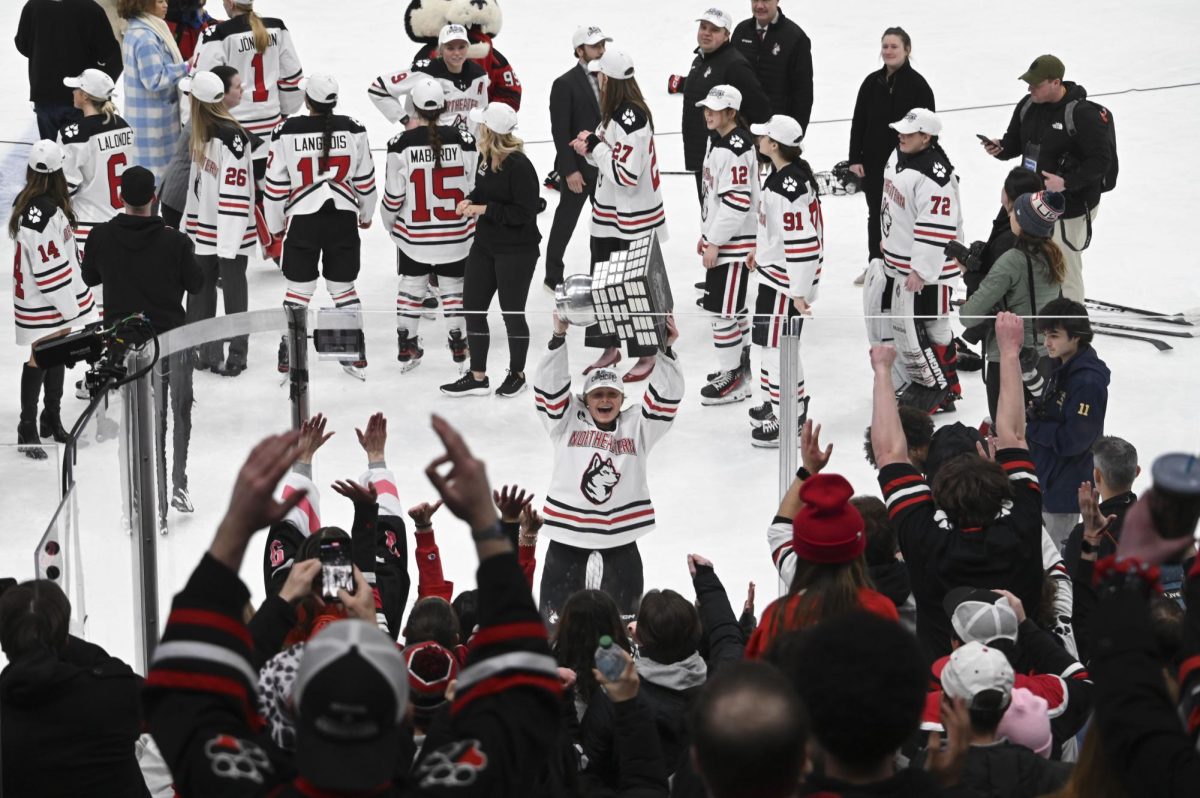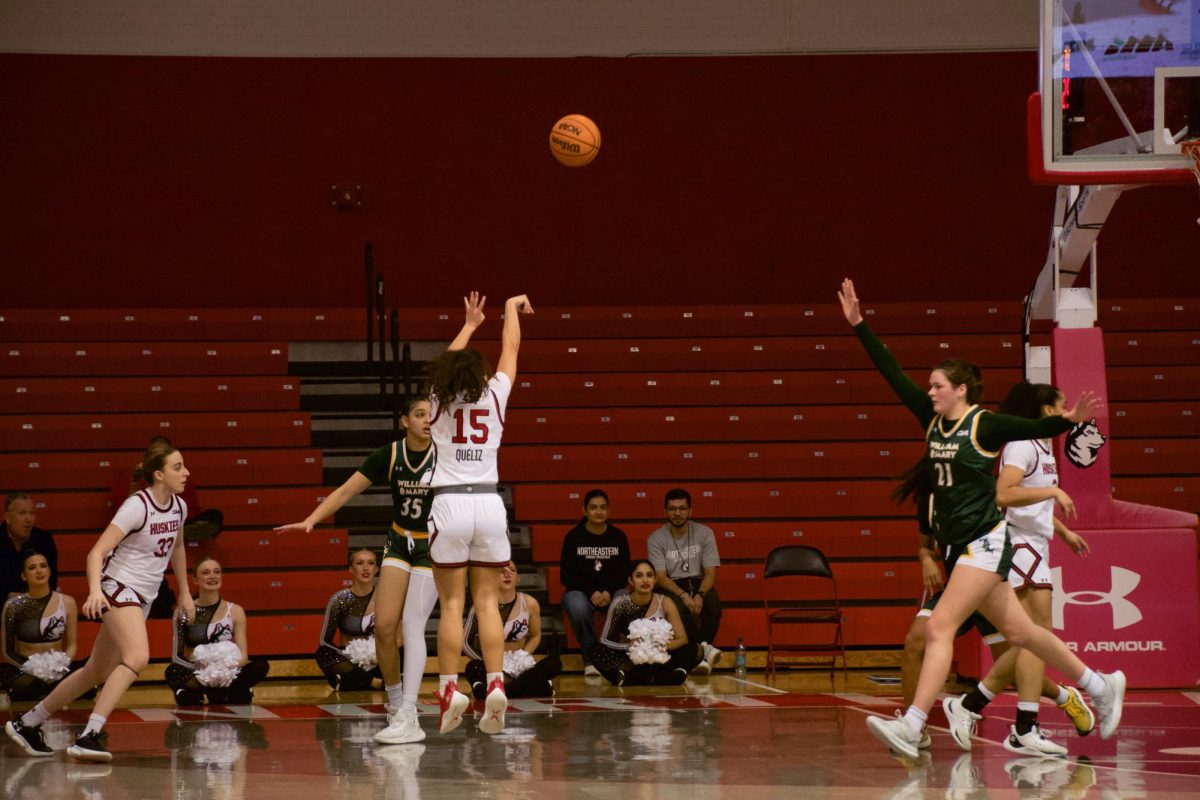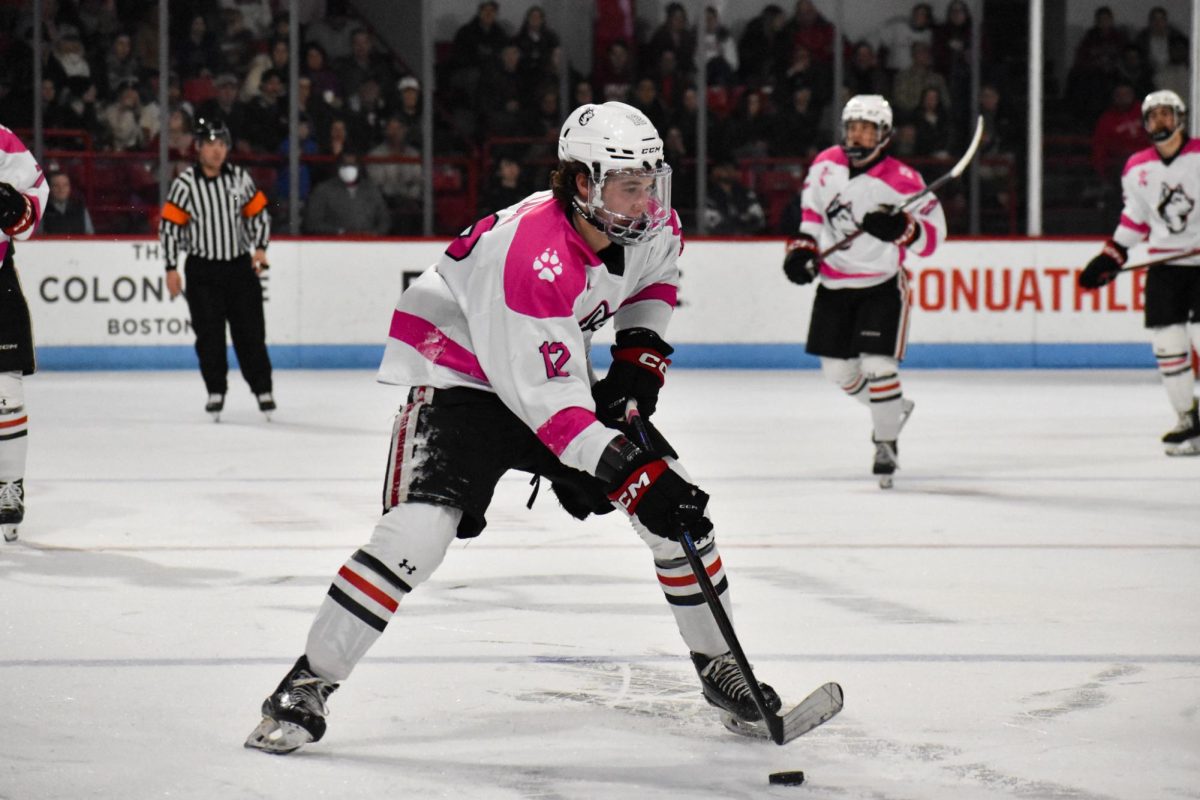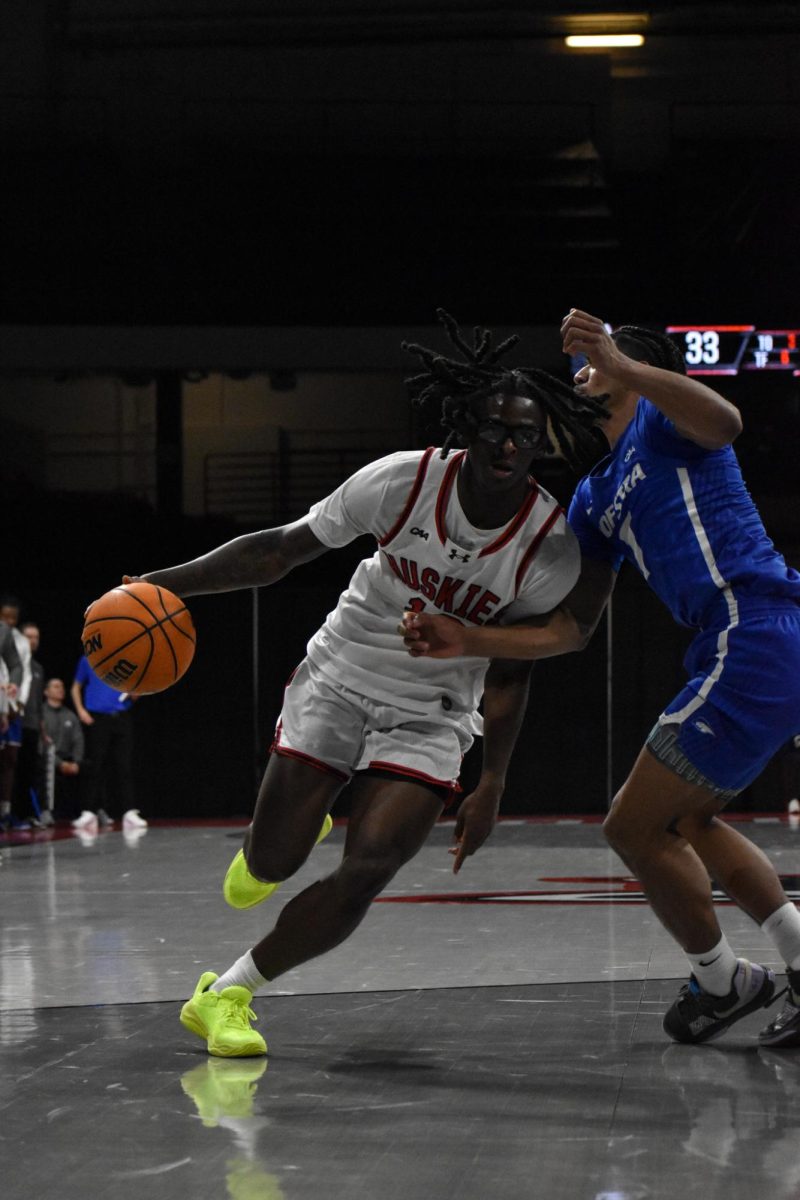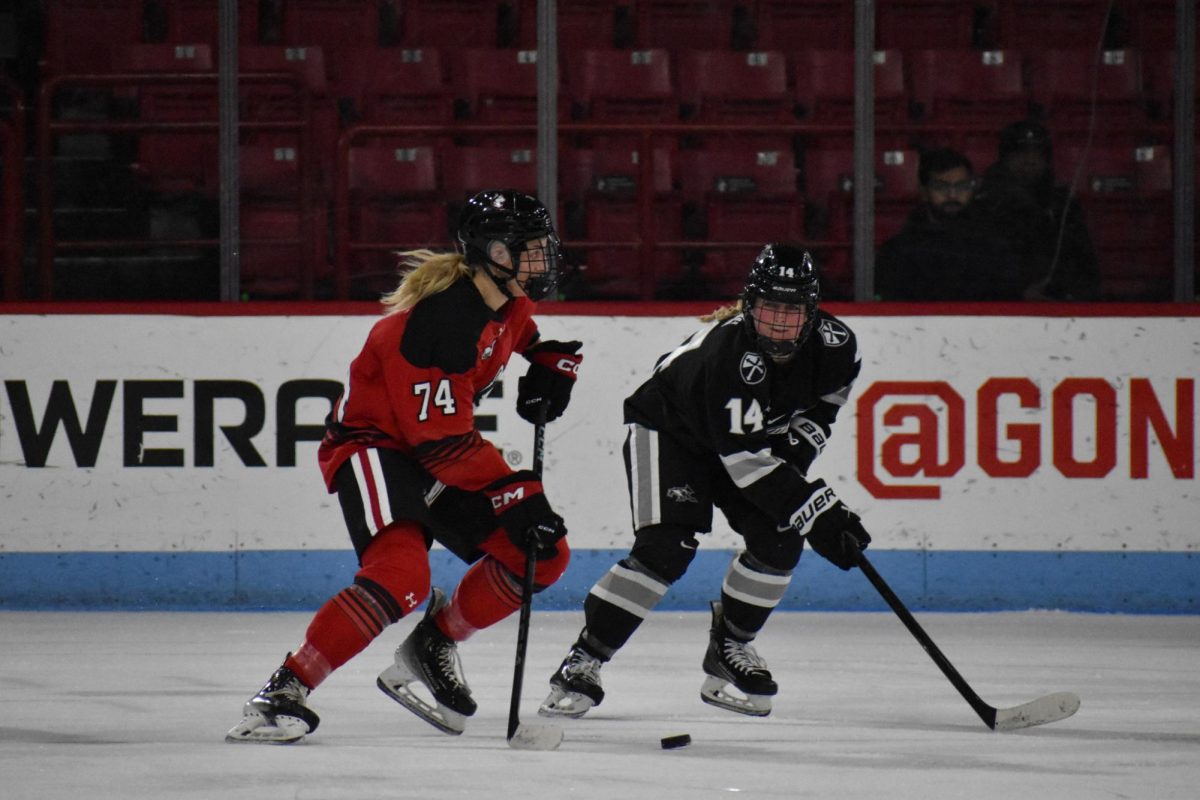 By Christopher Judd, News Correspondent
By Christopher Judd, News Correspondent
The Northeastern University cycling club members spend their weekends racing at high speeds after putting in long hours to training.
The cycling club operates as two separate teams: mountain biking during the fall, and road biking in the spring.
With roughly 30 members, the team travels to races each weekend with 15 competitors.
“Both teams are built around people who have a passion for cycling,” said president Alex Scott, junior entrepreneurship and new marketing venture major. “Everyone racing is focused on working hard, and our work is striving towards that.”
Riders competing in mountain biking require sturdier bikes that can handle the rugged terrain of the off-road tracks. The sport is also more individualistic because there are usually less riders than in road cycling, and each event has smaller groups of people racing, Scott said.
Mountain biking also requires riders to be more familiar with the terrain and obstacles on the course so they can pace themselves to be in a good position to win.
Road biking features lighter, faster bikes, with a lot of teamwork to win as positioning within the pack can be the difference in a place on the podium, making it the ultimate team sport, road co-captain and senior industrial engineering major Mike Farrar said.
 The team works together to draft – when riders form a line, so the person in the lead moves all the air out of the way, letting people behind him use less energy. Riders are in a pace line, where they alternate the lead rider frequently so everyone stays fresh.
The team works together to draft – when riders form a line, so the person in the lead moves all the air out of the way, letting people behind him use less energy. Riders are in a pace line, where they alternate the lead rider frequently so everyone stays fresh.
“Although it doesn’t seem as team oriented as basketball or baseball, in cycling, team members will completely sacrifice their race all to help their team leader try to ride to victory,” Farrar said. “In no other sport have I seen team members completely forgo their chances of victory to aid other teammates.”
Both environments, however, share the same intensity and sense of community that is prevalent among cycling teams across in the Eastern College Cycling Conference.
“People don’t [generally] transfer between mountain and road biking, however, I encourage everyone to try both,” Scott said. “Even though people are scared about different racing styles, most people who do try both end up sticking with them.”
The difficulty level of the cycling goes unnoticed by casual observers, even if they are familiar with, Famous the Tour de France race, he said.
“The easiest way to think about a bicycle race is that fundamentally it is a moving chess match,” Farrar said. “Riders and teams make ‘moves’ to try to influence the outcome of the race and put their best riders in the best possible position.”
Riders travel at high speeds, generally moving around 25 mph, reaching up to 50 mph on descents, for about 100 miles a race. At these speeds, it is inevitable for crashes to occur – with at least three this outdoor season – which can cause injuries, setting riders back in training.
Farrar said that even without injuries, the sport difficult to prepare for as riders can top 30 hours a week between practices and training on their own.
“Getting into shape on the bike means that most of our riders have been training since the fall for the road season,” he said. “Training and eating right is a very scientific and complicated beast. One missed week of training or training improperly, not enough, or too much, can result in setbacks on the order of months.”
Because of the long hours spent together, the cycling team has a sense of community built around their mutual competitive natures and a shared sense of commitment.
“Bicycling is a lot of fun, and there is a lot of mutual respect,” said road co-captain and senior architecture major Ashley Hopwood. “I have met a lot of my best friends here that I will continue to see after college. You have to be very ambitious and dedicated to be on the cycling team, but it has resulted in many years of good times.”
Both mountain and road cycling have a men’s and a women’s teams. Although the women’s teams are smaller, they are quickly increasing in membership and publicity, said Hopwood.
“I wish I was going to grad school just so that I could keep racing collegiate,” said Nick Varamo, a senior mechanical engineer major. “I’ve never been more fit or had more fun on my bike and everyone on the team is super nice.”


